Biomedical HIV prevention and treatment reignited conversations about and changed how we have sex. In the beginning, the AIDS movement fought for the right to enjoy sex, preserving the erotism of the experience and keeping it pleasurable and safe. Learn the historical perspectives on the politics of sex positivity during the last four decades of the HIV pandemic to the present days of COVID and MPOX. We will discuss how pleasure-centric interventions can help make informed choices about which biomedical HIV prevention tools to use without compromising desire, pleasure, and human connection. Discussions will include kinks, barebacking, fetish, BDSM, Chemex, group sex, bathhouses/sex clubs, porn, consent, and more.

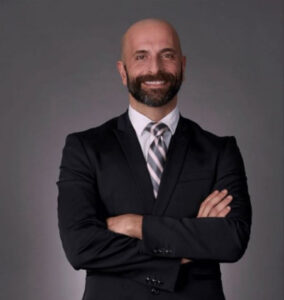

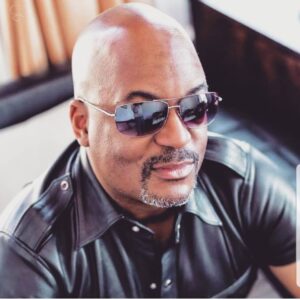
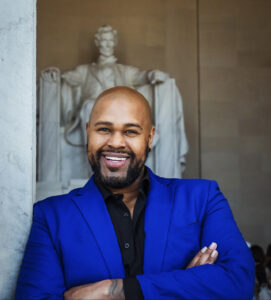


Tennessee is following a disturbing trend of attacks on people at risk of HIV. At the core of these attacks is an agenda to limit the privacy rights of LGBTQ Americans. Equally troubling is the Braidwood Management case in Texas, which, if affirmed, will gut preventative care from the Affordable Care Act. These attacks are deliberate and calculated – not sound policy, political, and are dangerous.
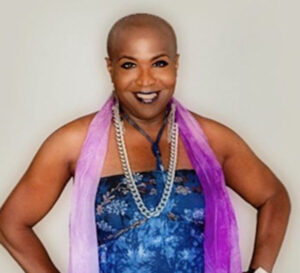
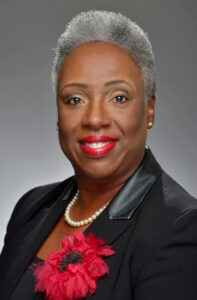

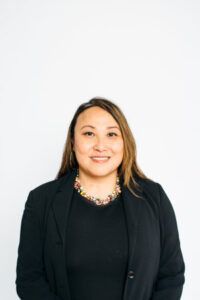

Black cisgender women are disproportionately affected by HIV, with a rate 11 times higher than that of white women. Also, nearly two-thirds of African American/Black transgender women are living with HIV. Economic disparities, oppressive social systems, and other structural inequalities all contribute to the health disparities that Black women face. We will look at the intersections between HIV, systemic racism, sexism, intimate partner violence, and the sexual oppression of Black women which fuels generational stigma. Join us to discuss the role of each of these determinants as it relates to women’s ability to enjoy their sexuality and make healthy decisions about their own bodies.

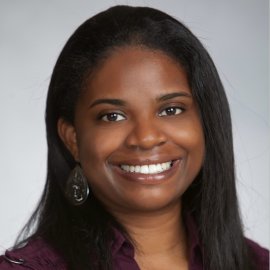
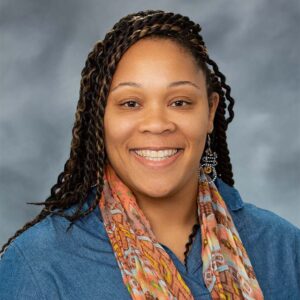
Kayla Moore, Wellness Services Manager, Oakland LGBTQ Community Center
A comprehensive National PrEP Program (NPP) could provide a domestic infrastructure to fund, implement, and coordinate the federal response to PrEP. A proposal for a National PrEP Program is on the table. PrEP advocates are building a coalition to effectively advocate for a program that serves all and bridges the gaps that exacerbate health disparities. What are the pillars of a National PrEP Program? How do we ensure equity and intentionality in the conceptualization and implementation strategies? What advocacy needs to happen from community members and leaders to strengthen our case for a national program for PrEP? How are we going to reach a NPP and protect and advocate for this critical tool for preventative health and LGBTQIA+ health?
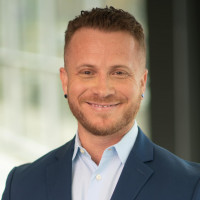
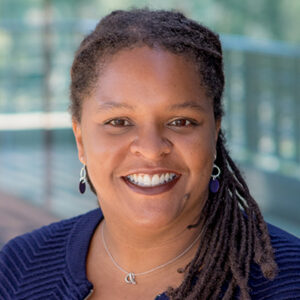

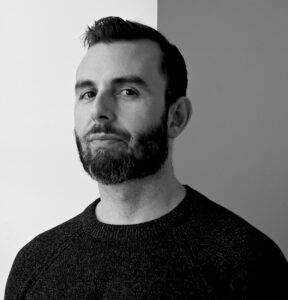
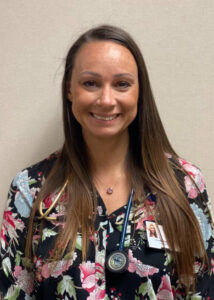
Official Program Book
Presented by